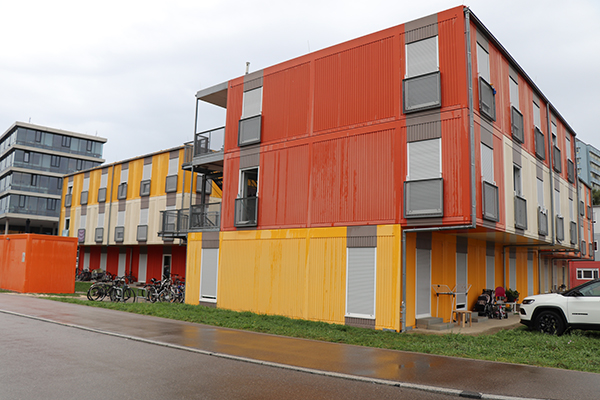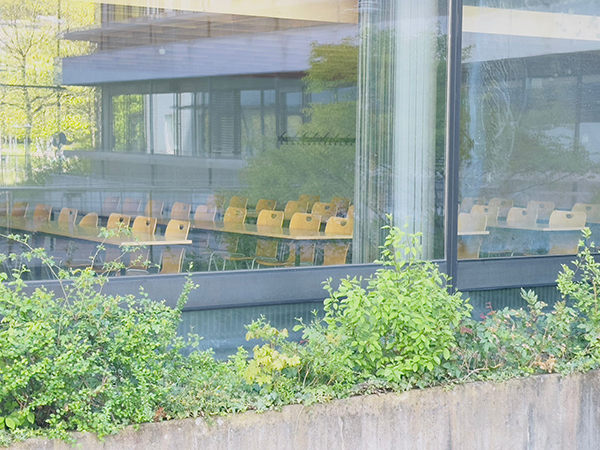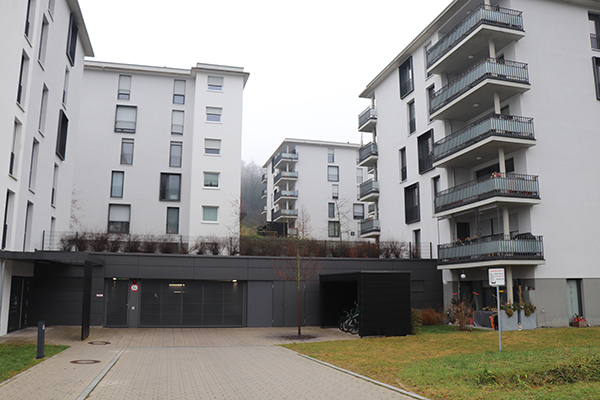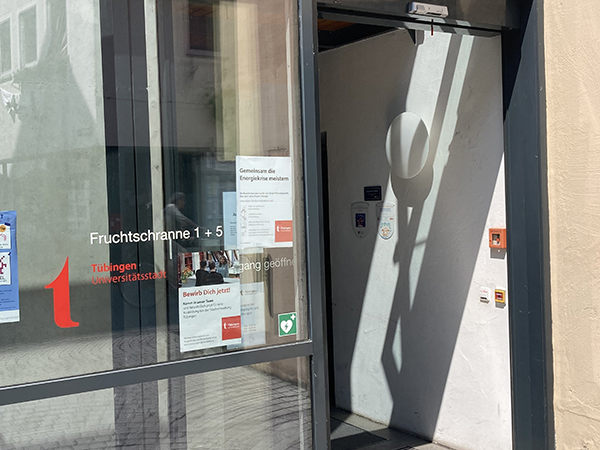People who are more at risk of racism because they are perceived as black, Asian or Muslim are also at a higher risk of poverty. This is according to the new short report of the National Discrimination and Racism Monitor (NaDiRa), in which this connection was analysed for the first time. Data from 21,000 people was collected as part of a representative survey. While the risk of impoverishment is 9% for non-racist men and 10% for women, this applies to 26% of black men and women, 30% and 26% of Asian men and women and 41% and 38% of Muslim… Read More
Category: 1-RESIDENCE – ENG
ECJ: Possible new refugee protection for women as a “social group”
The European Court of Justice (ECJ) has made a decision that opens up a new possibility for refugee women (including minors) to be recognized internationally as refugees. This applies if the women identify with the “fundamental value of equality between women and men”, but this fundamental value is not recognized in their country of origin as it is in their country of refuge. They may therefore be considered to belong to a “particular social group” in their country of origin, which may be persecuted. This could then lead to refugee status. The ECJ announced this decision in a press release… Read More
Protection for Ukrainians in the EU extended until 2026
The Council of the European Union has decided to extend temporary protection for Ukrainian refugees fleeing the Russian aggressor war. It will be provided until March 4, 2026. This was reported by the press service of the EU Council. In total, temporary protection will be extended for 4.2 million Ukrainians currently residing in the European Union, nearly 1,2 million of them in Germany. Now, EU member states, in accordance with their national procedures, must adopt additional acts to officially extend temporary protection for Ukrainians. The Temporary Protection Mechanism was launched on March 4, 2022 and provides immediate and collective protection… Read More
Warning of flight risks increases the desire to emigrate
Since 2015, the European Union (EU) has been promoting information campaigns in countries of origin of refugees. The aim of these campaigns is to raise awareness of the dangers of flight and people smuggling by smugglers, thereby reducing irregular migration. A study by the International Organisation for Migration (IOM) has now investigated the impact of these campaigns. Interviews with around 13,000 young adults in local areas of ten countries in Africa and Asia, including Nigeria, Pakistan, Afghanistan and Somalia, were analysed. The surprising result: if the interviewees were aware of the campaigns, they did not have the effect of deterring… Read More
EU agrees on new common asylum policy
On April 10, 2024, the European Parliament approved the reform of the Common European Asylum System (CEAS), which has been planned for eight years. This so-called asylum compromise must now be approved by all EU countries in the Council of the EU in May, which is considered certain. The agreed legislation will then come into force. However, they will take two years for the EU countries to implement and will therefore only be applied from the second half of 2026. The Federal Government must present an implementation plan by the end of this year. To this end, various legislative amendments… Read More
German scholarship program for refugee researchers
The Philipp Schwartz Initiative for Academic Refugees in Germany helps refugee researchers in need of protection from all over the world with scholarships. With a two-year scholarship, which can be extended for a further year, refugee academics can continue their work at German universities and research institutions. The initiative is part of the Alexander von Humboldt Foundation’s programs. Applicants must have a doctorate or equivalent qualification, refugee status or proof of a vulnerable situation. They must not have lived outside their country for more than five years. The application must be submitted via a German university or research institution. Applicants… Read More
Study casts doubt on the usefulness of relocation bans
Relocation bans for recognized refugees do more harm than good. This is the conclusion of a study presented by the German Institute for Economic Research (DIW) together with other scientists. According to the study, the residency requirement reduces the job opportunities of refugees and places a burden on the authorities. Residency requirements have been in place in many federal states since 2016. In Baden-Württemberg, too, even recognized refugees are only allowed to change their place of residence in exceptional cases—for example, if they or their spouse work elsewhere or if they are studying. The regulation was introduced in order to… Read More
Crossing the border with an automatically extended residence permit
Can Ukrainians expect difficulties crossing the border as their residence permit expires in March 2024? No. The residence permits of refugees from Ukraine who fled Russian aggression and received protection in Germany have been automatically extended. They are valid until March 4, 2025. This was notified in accordance with the Schengen Borders Code (SGK). This means that the Schengen states are informed about the automatic extension of the residence permit in accordance with Section 24 of the Residence Act. A spokesman for the Federal Ministry of the Interior (BMI) responded to a query from tuenews INTERNATIONAL. It was also published… Read More
New regulations on naturalisation apply from 27 June—dual citizenship possible
The new German citizenship law comes into force on 27 June 2024 after being published in the Federal Law Gazette on 26 April. tuenews INTERNATIONAL reported on the most important changes: tun24012406 As the naturalisation authority at the Tübingen district office announced on request, applications for naturalisation with the new simplified residence regulations can only be submitted from 27 June. People who wish to acquire German citizenship should first make an appointment for an informational interview before submitting an application. However, due to the high workload, longer waiting times are to be expected both for the appointment for the information… Read More
More and more refugees are becoming German citizens
This figure was last seen in Baden-Württemberg more than 20 years ago: 22,745 foreigners were naturalised here in 2023. That is 8.5 per cent more than in 2022, according to the State Statistical Office. Among them, more and more people fleeing war and persecution from Syria (6963), Iraq (1107) and Afghanistan now have a German passport. The reason for the increased numbers: More and more refugees from these countries are fulfilling the requirements for naturalisation—for example, that they have lived in Germany for eight years or six years if they have made special efforts to integrate. They must also have… Read More










